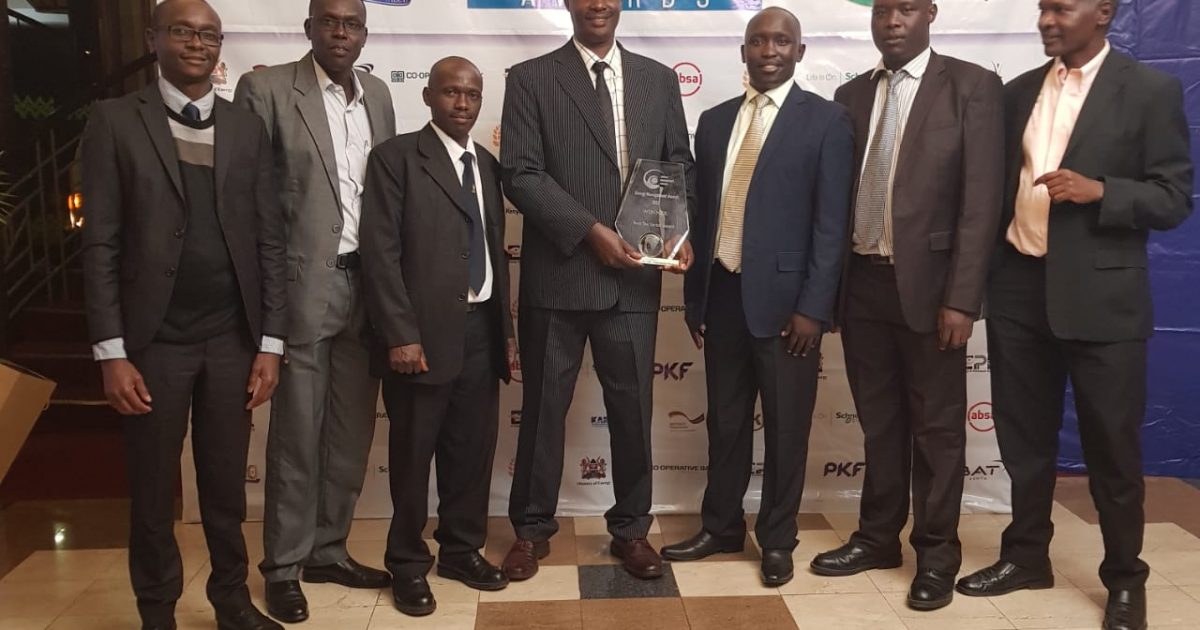Kenya Association of Manufacturers (KAM) has awarded a Kericho tea grower, manufacturer and supplier a prestigious award for its efforts in promoting an energy conscious culture.
KAM is a representative organisation for manufacturing value-add industries in Kenya.
During the 18th Energy Management Awards ceremony held at Safari Park Hotel, the Kenya Association of Manufacturers announced that James Finlay (Kenya) Limited had scooped the best tea sector award for exceptional management of the Changana Factory.
Speaking during the auspicious event, the James Finlay (Kenya) Limited Managing Director Simeon Hutchinson, expressed his gratitude for emerging winners of the Tea Sector Award saying that Energy efficiency and conservation are part of Finlay’s long-term Sustainability Agenda.
“I’m glad to report that 82 percent of our energy comes from renewable sources. At Finlays, we remain committed to reducing our environmental impact throughout our operations,” added Mr Hutchinson.
He also noted that part of their Sustainability strategy includes a pledge to protect and enhance 100,000 hectares of natural forest by end of 2022, in line with the Sustainable Development Goals.
“By embracing an integrated landscapes approach towards sustainability, Finlays has been able to establish a unique set of objectives that confront some of the most pressing challenges in the tea sector,” Mr Hutchinson stressed.
The Finlay’s Managing Director further intimated that they had partnered with the Initiative for Sustainable Landscapes (ISLA ) to restore and conserve 60,000 hectares of the Mau Forest by the year 2030 noting that In Kenya, ISLA is active in the South West Mau Forest.
During the awards ceremony, it was noted that the Kenya Association of Manufacturers, were keen to observe manufacturers who promoted an energy-conscious culture and conservation as well as recognising enterprises that significantly improved their energy efficiency through the use of cutting-edge energy management principles and practices while also significantly reducing their energy and operating expenses.
By Kibe Mburu




